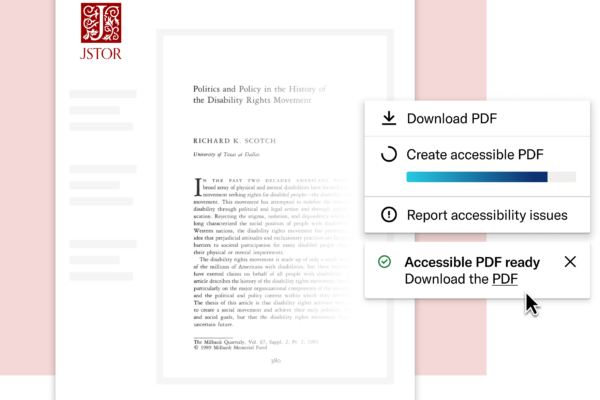As of this writing, 168,198 ebooks from trusted presses are live on JSTOR. Eighty-eight percent of these titles are available through our Demand-Driven Acquisition (DDA) program, which helps libraries build collections aligned with patron needs.
If you’re looking for your next scholarly read or a few new books for your institution, you’re in the right place. We’re sharing some of the most-read frontlist DDA titles, along with a few insightful picks, organized by discipline for easy browsing. Please note that while an overview is available on the blog, full-text is available through institutional access only.
Art & art history
Top read
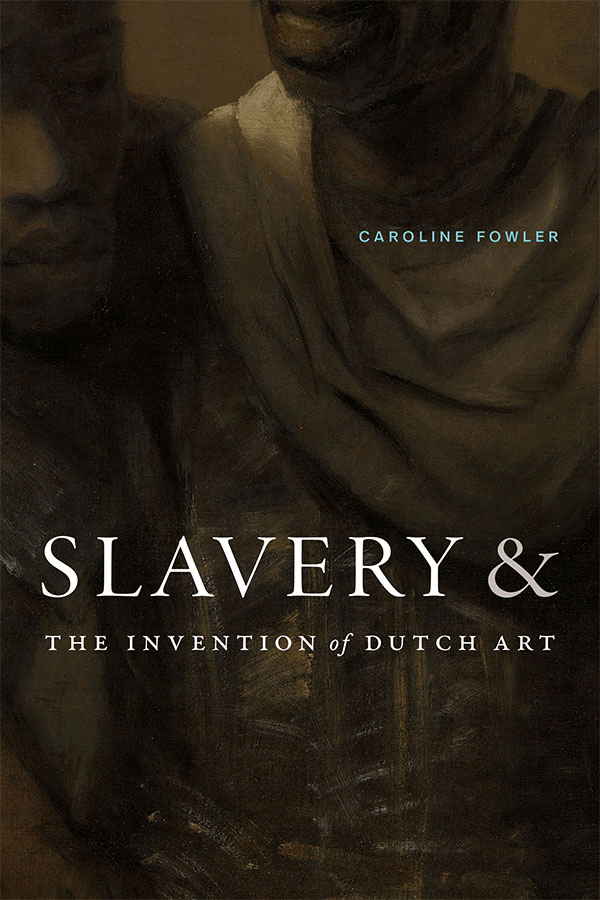
Slavery and the Invention of Dutch Art
By Caroline Fowler
Published by: Duke University Press
Who it’s for: This book may be of interest to art history faculty teaching early modern Europe, graduate seminars on visual culture and empire, or librarians building collections on art and colonialism.
Why you should read: The research presented in this monograph offers a fresh perspective on the 17th-century Dutch Republic, specifically the impact of the transatlantic slave trade on global commerce and various Dutch artists. Ultimately, it highlights the absence of Indigenous and African enslaved individuals in art that, inevitably, derives from economic and cultural logics rooted in the commodification of bodies.
Editor picks
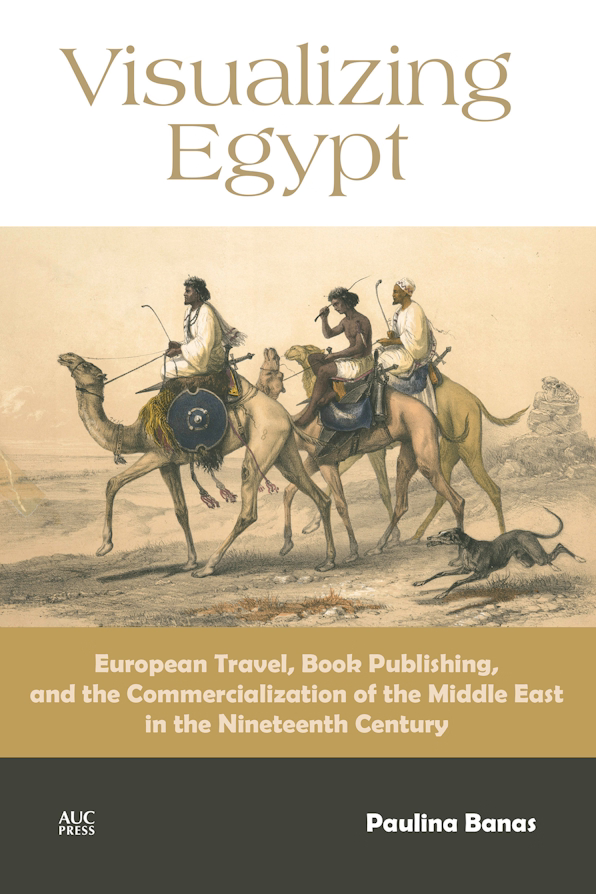
Visualizing Egypt: European Travel, Book Publishing, and the Commercialization of the Middle East in the Nineteenth Century
By Paulina Banas
Published by: The American University in Cairo Press
Who it’s for: African studies enthusiasts and book historians will find immense value in this piece. Instructors in visual culture and collection developers seeking Middle Eastern perspectives will also be interested.
Why you should read: This book explores how, driven by colonial interests, European print media and the burgeoning travel industry at large fomented a growing fascination with Egypt and other Middle Eastern regions. Travel accounts and albums circulated widely–laden with images of Islamic Egypt–representing tensions not only between conceptions of the region but also within publishing itself.
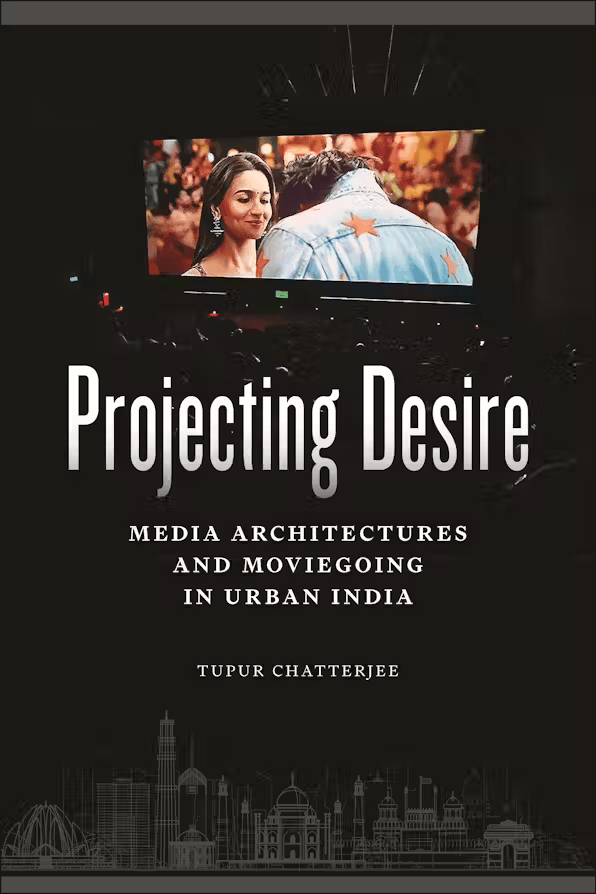
Projecting Desire: Media Architectures and Moviegoing in Urban India
By Tupur Chatterjee
Published by: New York University Press
Who it’s for: This monograph is ideal for film and media studies programs, urban studies faculty, and students interested in cinema and public spaces.
Why you should read: Projecting Desire illustrates a shift in audiences for Indian screen and exhibition enterprises. While these were primarily designed for subaltern men, globalization’s effect on media and urban planning has allowed for a substantial reimagination of media, culture, and cinema. The book focuses crucially on the role of middle-class Indian women in these changes.
History
Top read
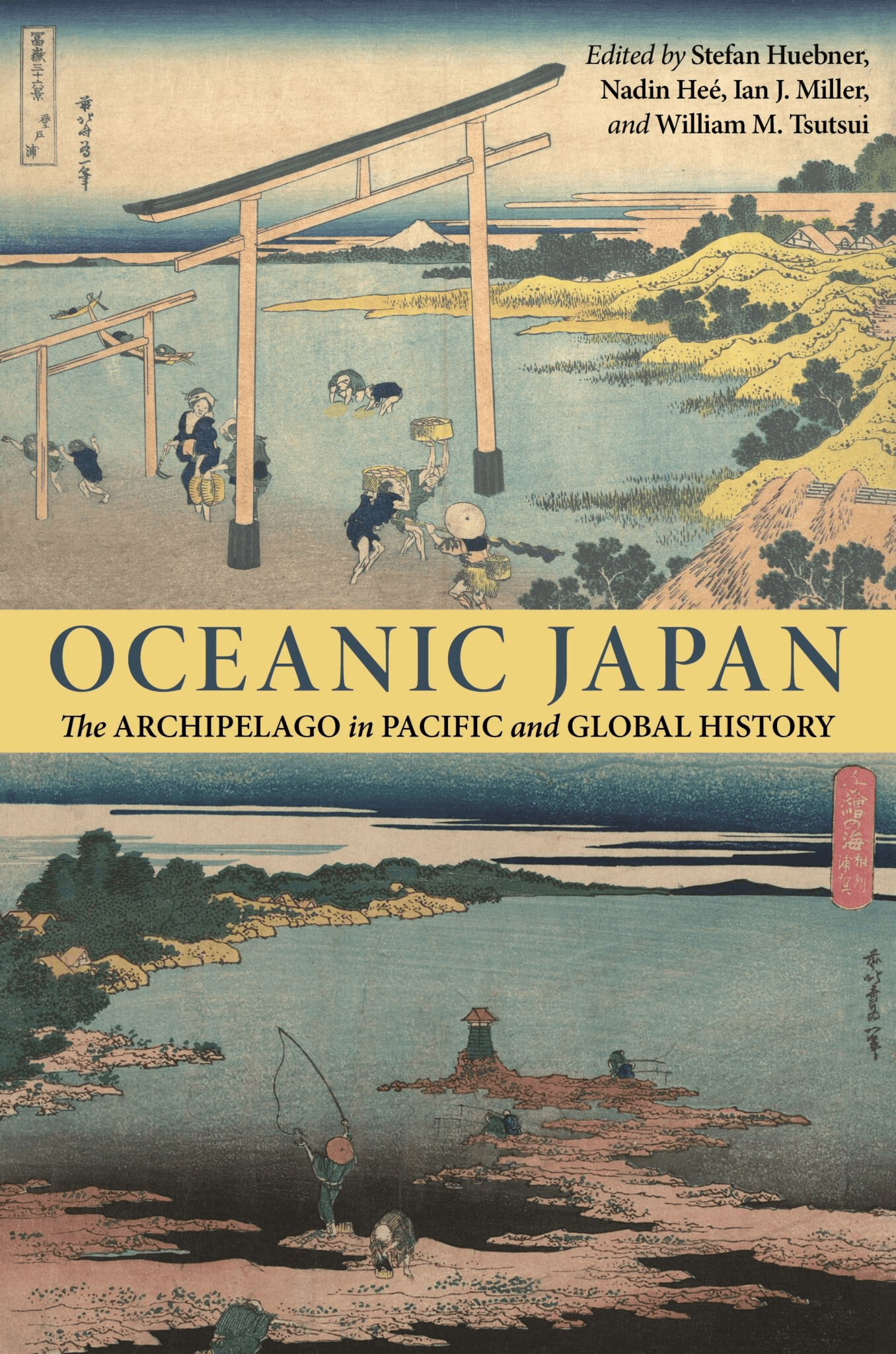
Oceanic Japan: The Archipelago in Pacific and Global History
Edited by Stefan Huebner, Nadin Heé, Ian J. Miller, and William M. Tsutsui
Published by: University of Hawai’i Press
Who it’s for: Environmental and maritime historians will be excited about this work. Asian studies faculty and research methods courses exploring scale and networks would also benefit from its inclusion.
Why you should read: This work highlights the historical significance of a neglected component of Japanese history: its oceans. It traces how critical moments in the archipelago’s existence have, in tune with the tides, been molded by maritime ecologies and Pacific entanglements. Overall, it offers a new lens through which to follow Japan’s cultural and environmental realities over the years.
Editor picks
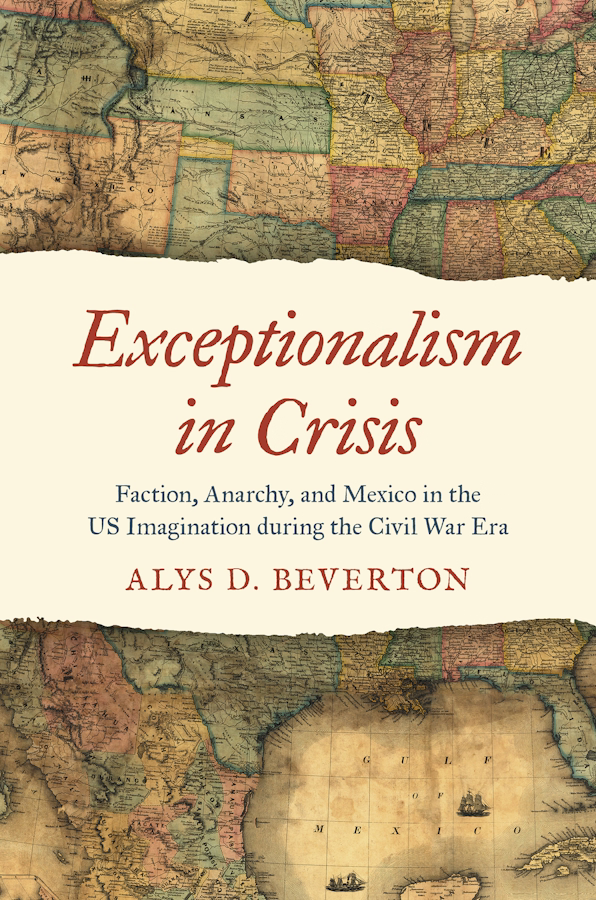
Exceptionalism in Crisis: Faction, Anarchy, and Mexico in the US Imagination during the Civil War Era
By Alys D. Beverton
Published by: University of North Carolina Press
Who it’s for: This would fit well in the syllabi of US history survey instructors. It will also be of interest to scholars of hemispheric studies and librarians building on 19th-century transnational topics.
Why you should read: Exceptionalism in Crisis explores the American Civil War’s influence on popular notions of the U.S. It explains that where Americans once believed their nation to be impervious to political instability, the war revealed an unacknowledged actuality. It also outlines Mexico’s longstanding general position as a foil to the U.S. in terms of unrest and how this varied during the nineteenth century.
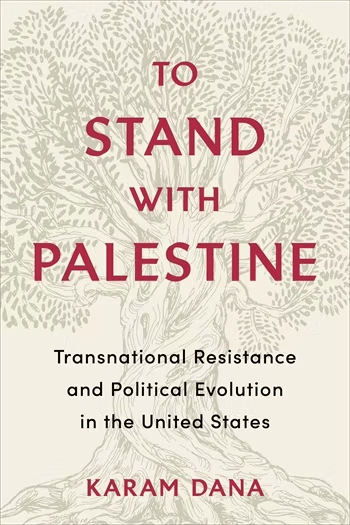
To Stand with Palestine: Transnational Resistance and Political Evolution in the United States by Karam Dana
Published by: Columbia University Press
Who it’s for: Historians focused on contemporary social movements will be interested in this monograph. It would fit well in American studies and Middle East and North Africa (MENA) programs, as well as campus interest groups concerned with solidarity politics.
Why you should read: The book traces the growth of activism concerning Palestine in the U.S., underscoring how diaspora and a growing Palestinian identity have transformed advocacy. It also highlights the roles of political, economic, and even technological factors in this growth.
High praise: To Stand with Palestine was longlisted for the 2025 Palestine Book Awards.
Language & Literature
Top read
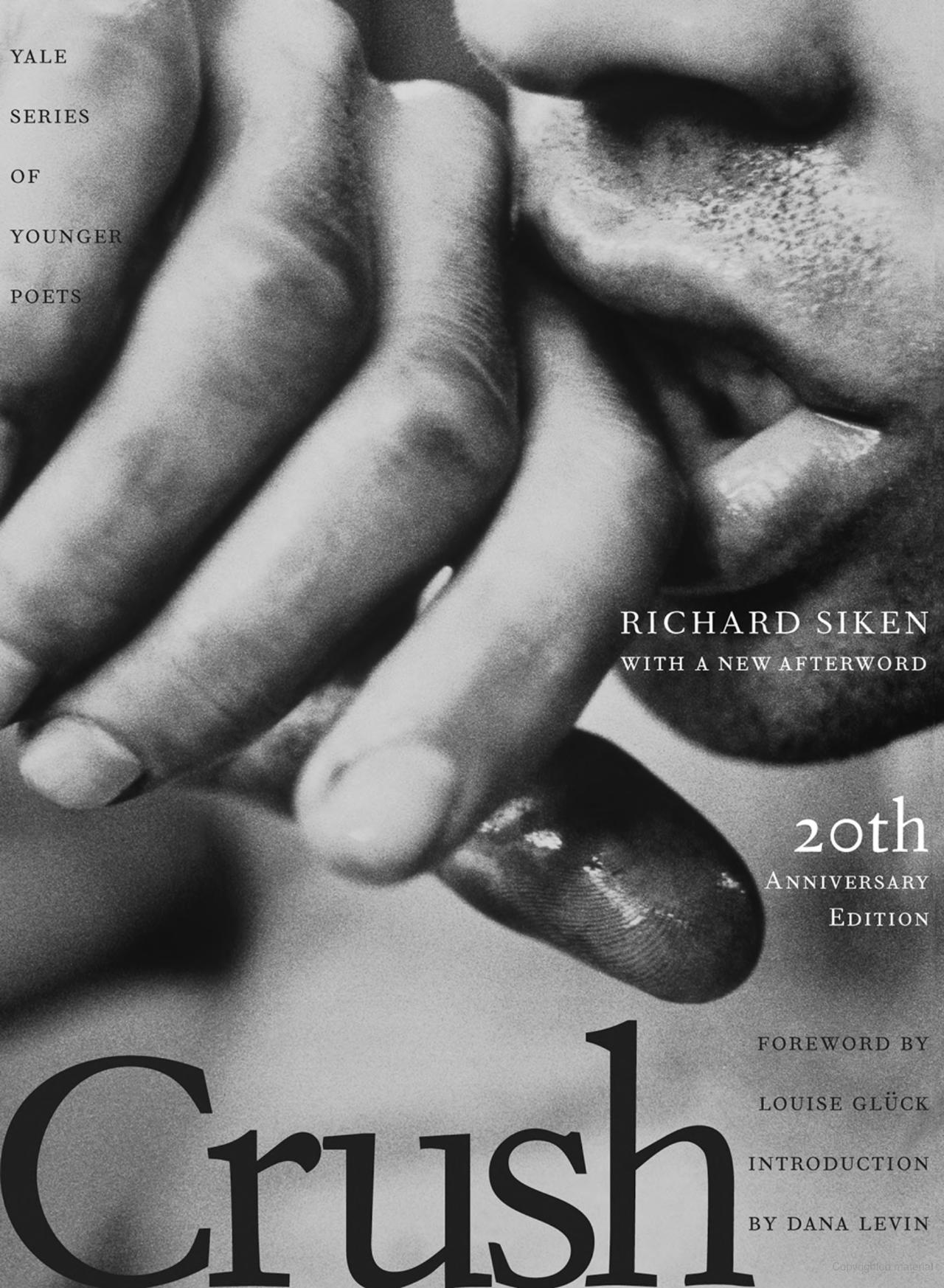
Crush: Twentieth Anniversary Edition
By Richard Siken, foreword by Louise Glück, introduction by Dana Levin
Published by: Yale University Press
Who it’s for: Crush works well for introductory creative writing and poetry courses, as well as courses dedicated to LGBTQIA+ literature. It may also be of interest to librarians curating contemporary poetry.
Why you should read: Originally published 2005, this seminal poetry collection solidified Siken’s place in contemporary poetry. Its poems explore themes of intimacy, grief, and loss. With a new foreword from Nobel laureate Louise Glück and an introduction by poet Dana Levin, this 20th anniversary edition carries the debut collection into a new decade.
High praise: Crush has been awarded the 2004 Yale Series of Younger Poets prize and the 2005 Thom Gunn Award for Gay Poetry. It was also a finalist for the 2005 National Book Critics Circle Award (Poetry).
Editor picks
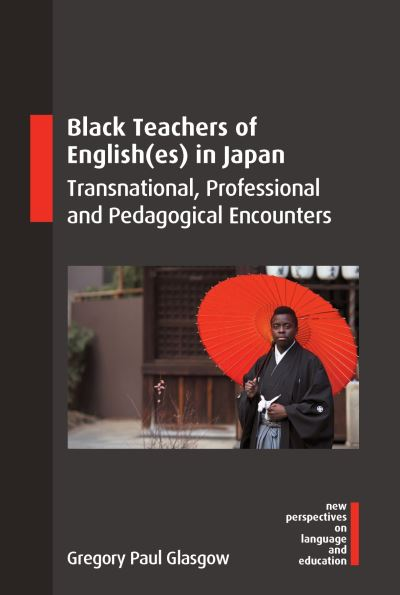
Black Teachers of English(es) in Japan: Transnational, Professional and Pedagogical Encounters
By Gregory Paul Glasgow
Published by: Multilingual Matters
Who it’s for: This book would be of special interest to Teaching English to Speakers of Other Languages (TESOL) and English Language Teaching (ELT) programs. Sociolinguistics and race and language classes may also find value in this work. Librarians focused on pedagogical materials may also consider this piece.
Why you should read: Following a transnational group of teachers from the African continent, Black Teachers of English(es) in Japan details the complexities of teaching under professional conditions that vary across institutions. It explains that while diversity and multiculturalism appear to be more prevalent in Japan’s ELT programs, the realities of intercultural teaching are more complex, affecting the agency Black teachers have in sharing their cultures and languages.
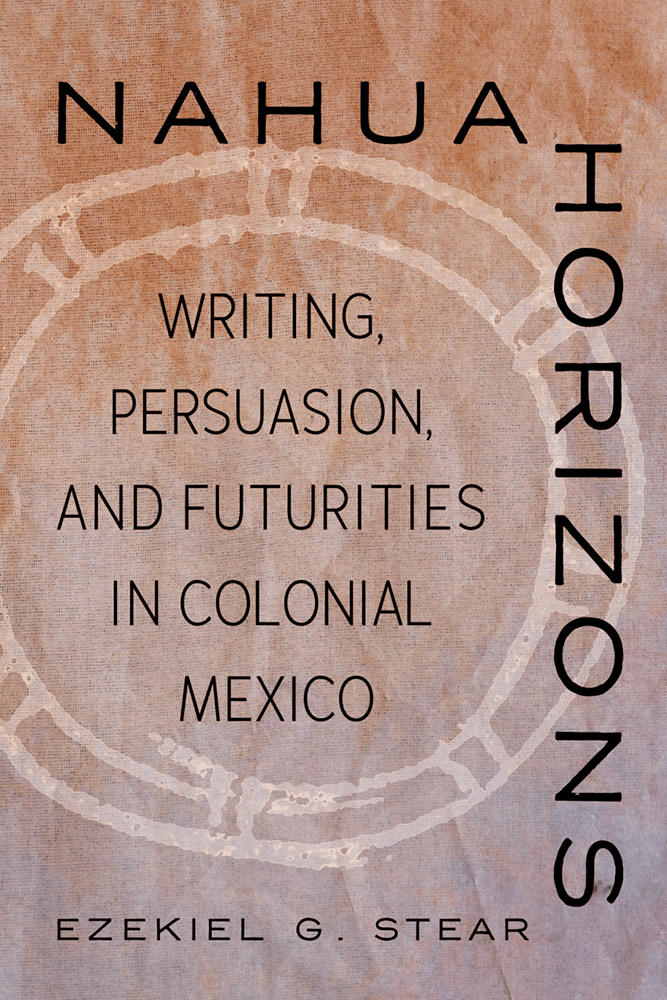
Nahua Horizons: Writing, Persuasion, and Futurities in Colonial Mexico
By Ezekiel G. Stear
Published by: University of Arizona Press
Who it’s for: Nahua Horizons would suit rhetoric courses, especially in Latin American rhetoric, along with Latin American literature courses. It may also be of interest to those focused on Indigenous studies and studies of colonialism.
Why you should read: This book describes how Nahua and other Mesoamerican writers conceived of and actively worked toward their community’s future in response to Spanish colonial rule. It describes how these writers helped determine cultural progress while recognizing their roles in doing so, arguing that colonialism did not successfully erase Nahua culture.
Political science
Top read
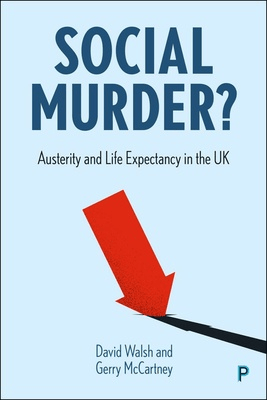
Social Murder?: Austerity and Life Expectancy in the UK
By David Walsh and Gerry McCartney
Published by: Bristol University Press
Who it’s for: This book is for anyone studying social inequalities and their interdisciplinary implications. It’s an excellent resource for public policy and public health cohorts, as well as seminars in sociology, social work, inequality, and social policy.
Why you should read: Does life expectancy depend only on one’s health condition? Not according to this book. The authors argue that austerity is a silent killer. Through vivid real-life stories, they show how austerity policies in the early 2010s reversed life-expectancy gains in some places, while also pointing to policy remedies that could help prevent such setbacks and reduce health inequalities.
Editor picks
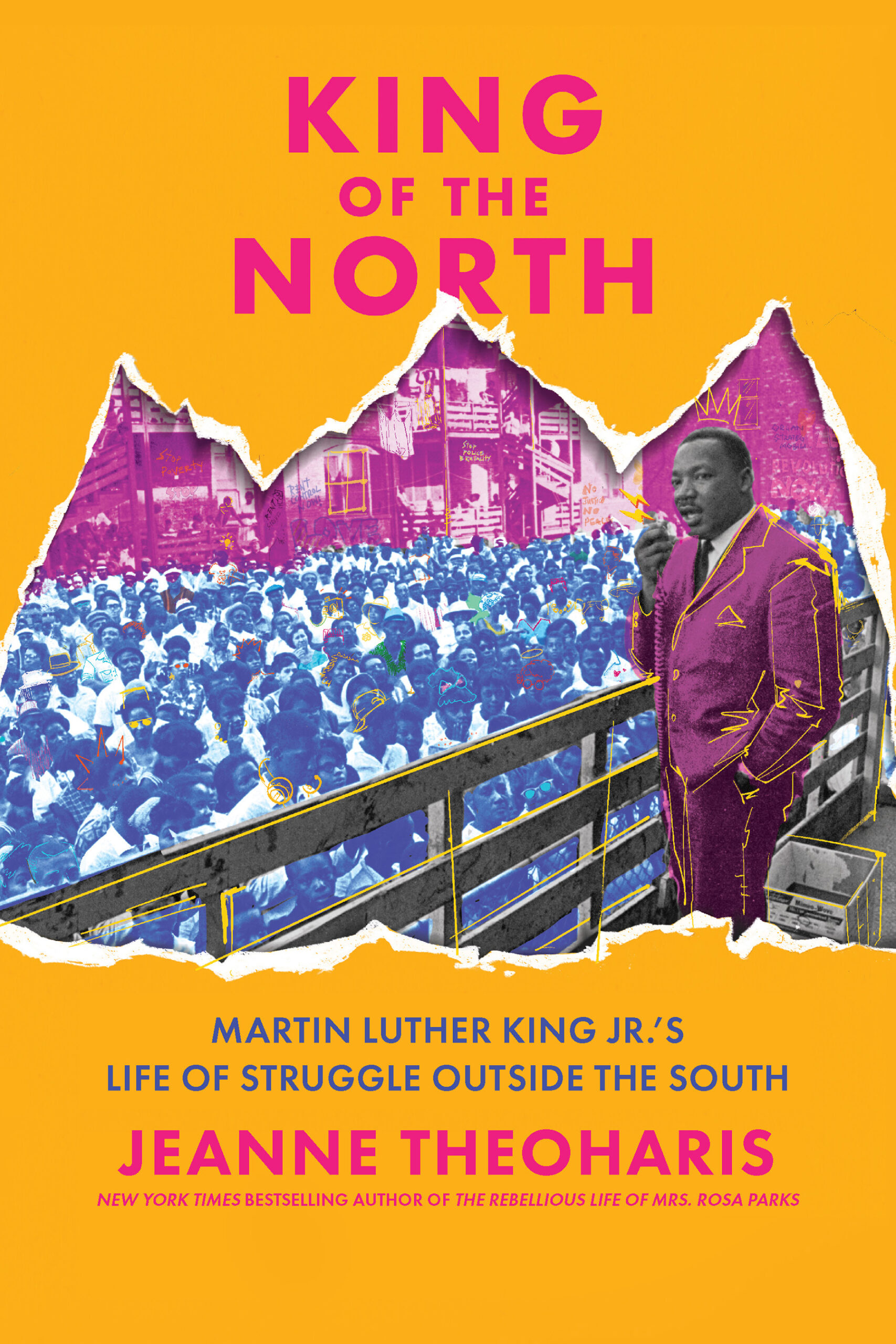
King of the North: Martin Luther King Jr.’s Life of Struggle Outside the South
By Jeanne Theoharis
Published by: The New Press
Who it’s for: Whether or not you’ve read extensively or watched documentaries about Martin Luther King Jr., this title is essential for deepening your understanding of the Civil Rights Movement beyond the South. It’s a perfect choice for readers passionate about history, American studies, urban politics, social justice, and community engagement.
Why you should read: There are countless books dedicated to Martin Luther King Jr., but this one stands out. Described by the publisher as “myth-shattering,” it draws on meticulous research to show how Dr. King’s work challenged school segregation, police brutality, housing discrimination, and job inequality across the Northeast and West Coast—not just in the South. This is a powerful title on a timeless historical figure that offers a fresh and necessary perspective.
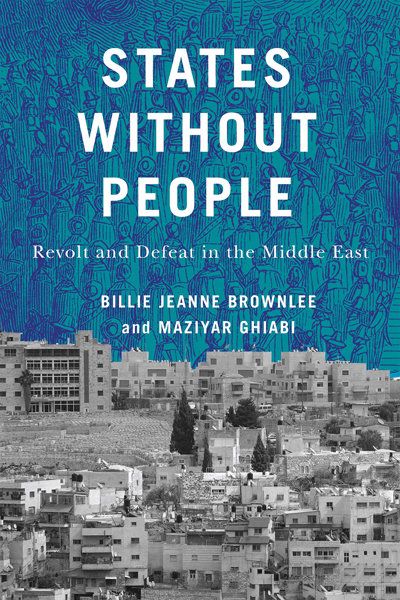
States Without People: Revolt and Defeat in the Middle East
By Billie Jeanne Brownlee and Maziyar Ghiabi
Published by: McGill-Queen’s University Press
Who it’s for: At the root of wars and displacement across the Middle East lies the influence of right-wing ideology. This book is an important read for students and scholars of international studies, political science, comparative politics, Middle Eastern and Islamic studies, and conflict studies.
Why you should read: The history and present realities of conflict in the Middle East are complex and often difficult to unpack, especially for new learners. This book traces how uprisings devolved into displacement and war, reshaping state–society relations, and foregrounds a fundamental question: Why is right-wing politics on the rise amid revolts, war, and displacement across the Middle East?
Religion
Top read
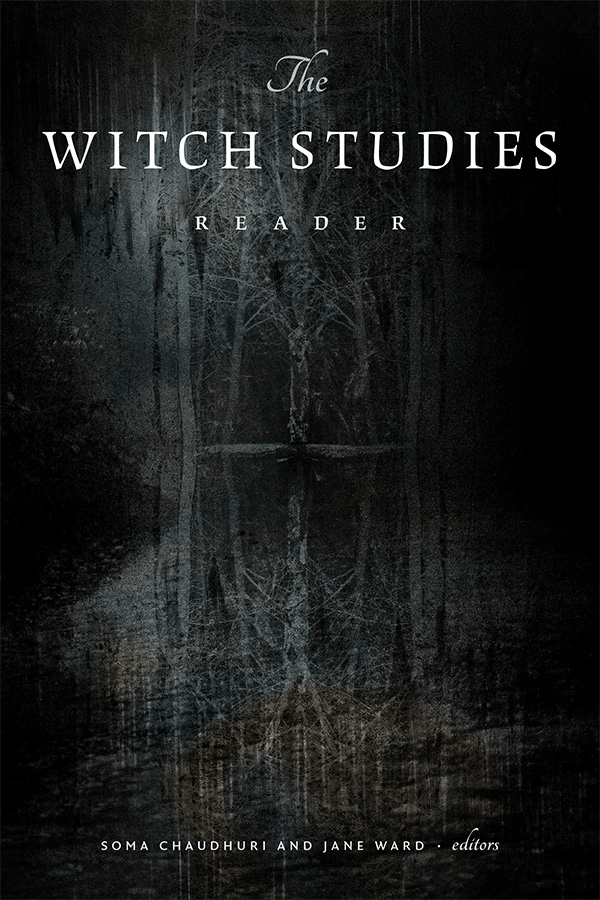
The Witch Studies Reader
Edited by Soma Chaudhuri and Jane Ward
Published by: Duke University Press
Who it’s for: Whether or not you follow the latest Wicked fandom, this book will appeal to readers across a range of disciplines—and even some outside traditional academic fields. It’s a perfect fit for classrooms in religion, gender studies, and anthropology, as well as for librarians curating decolonial and global religion collections.
Why you should read: Long a figure of cultural imagination, the witch has often been framed through Eurocentric lenses. This book reframes the concept by centering practitioner knowledge from the global South and diasporas. Through diverse contributions, readers encounter powerful stories and histories that move beyond conventional Western media portrayals, offering a deeper and more expansive understanding of what it means to be a witch.
Editor picks
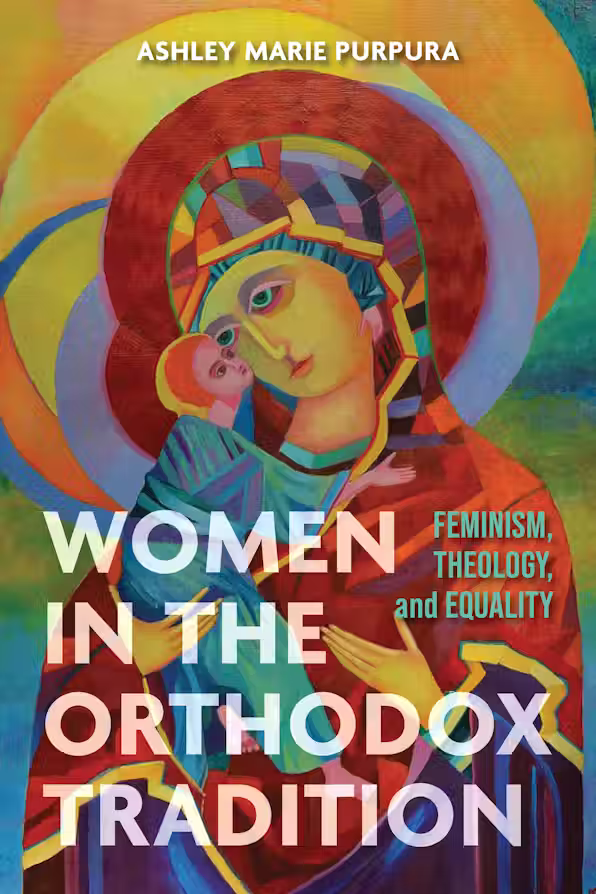
Women in the Orthodox Tradition: Feminism, Theology, and Equality
By Ashley Marie Purpura
Published by: University of Notre Dame Press
Who it’s for: This is an excellent title for theology and religious studies, gender-and-religion seminars, and for librarians expanding coverage of Christian traditions.
Why you should read: This title critically examines Orthodox Christian tradition and its spiritual values through a feminist lens. It is a rare and exciting work that brings feminist theory and theology into dialogue. By untangling the intersections of tradition, theology, and patriarchal history, the author argues for equitable participation in worship and church life.
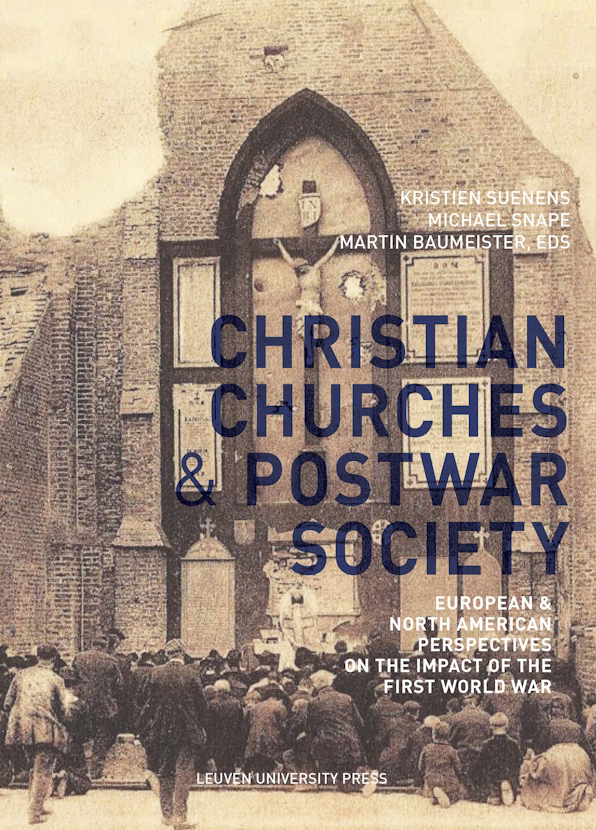
The Christian Churches and Postwar Society: European and North American Perspectives on the Impact of the First World War
Edited by Kristien Suenens, Michael Snape, and Martin Baumeister
Published by: Leuven University Press
Who it’s for: As this title explores the intersections of history, culture, and religion in the postwar period, it is well-suited for courses in European and North American religious history, world history, and comparative cultural studies, as well as for library collections on religion and society.
Why you should read: How did WWI change the roles of churches, religious movements, and communities? This collection of essays by contributors from around the world explores the role of Christian churches in Europe during the postwar period. Its transnational perspective also highlights the resilience of ecclesiastical networks and the cross-Atlantic loyalties that connected Europe and North America.
Sociology
Top read
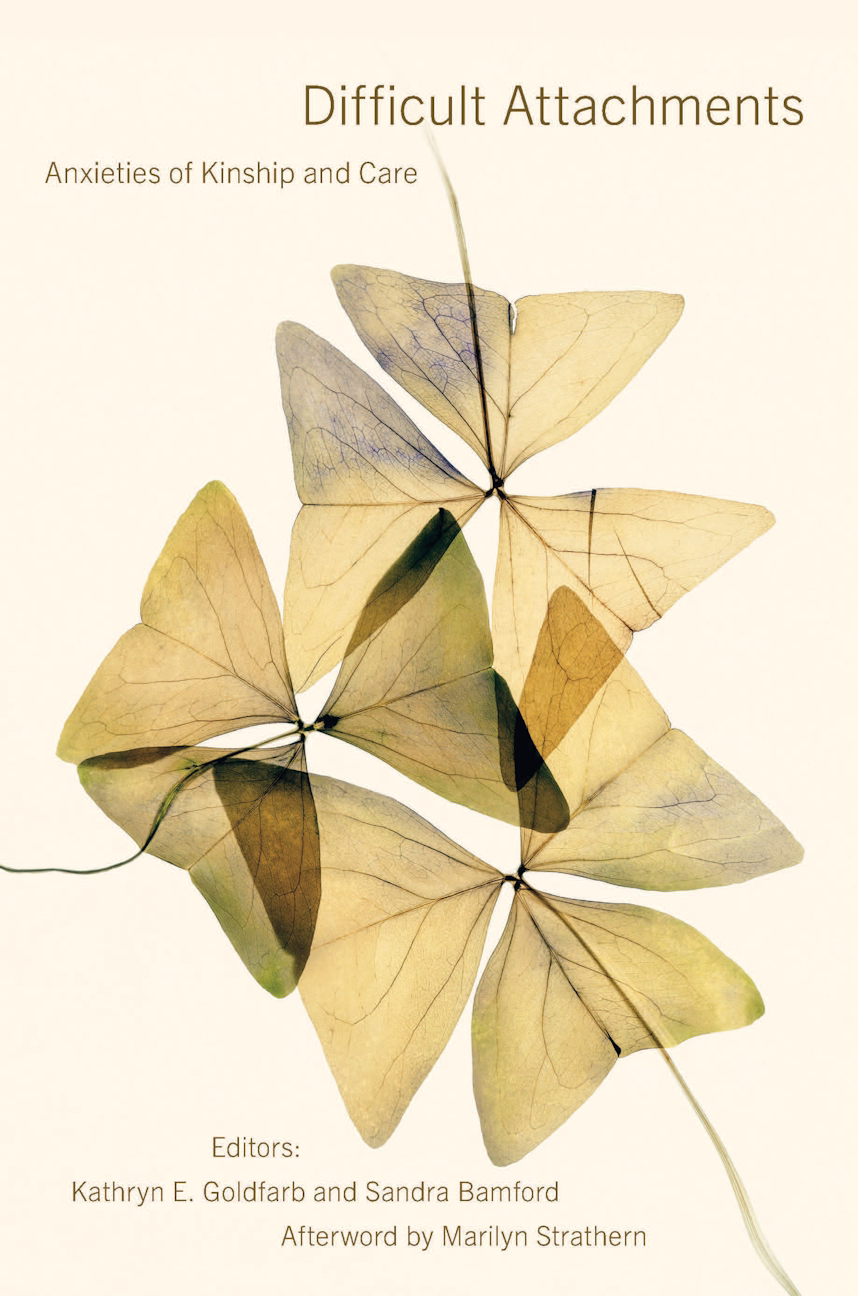
Difficult Attachments: Anxieties of Kinship and Care
Edited by Kathryn E. Goldfarb and Sandra Bamford, afterword by Marilyn Strathern
Published by: Rutgers University Press
Who it’s for: While most of the contributors to Difficult Attachments are anthropologists, the book’s focus on care work and kinship is highly interdisciplinary. Scholars and students in sociology, social work, cultural studies, gender studies, and the social sciences—particularly those studying family and marriage—will find this title especially relevant.
Why you should read: Kinship has long been understood in anthropology as the foundation of social solidarity. But what if that’s not the whole story? The contributors to this volume challenge the traditional view of kinship as “warm and fuzzy,” built solely on tireless care work, and instead argue that kin relations can also involve disconnection, exclusion, neglect, and even violence. Readers will encounter diverse accounts of kinship, including its “negative” dimensions—envy, disappointment, dislike, and rupture—and explore how care is continually negotiated amid power, precarity, and love across varied contexts.
Editor picks
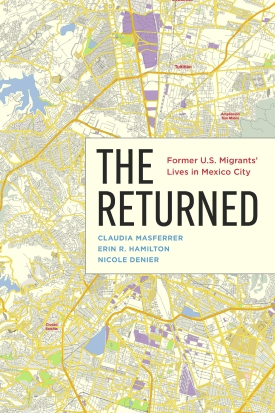
The Returned: Former U.S. Migrants’ Lives in Mexico City
By Claudia Masferrer, Erin R. Hamilton, and Nicole Denier
Published by: Russell Sage Foundation
Who it’s for: With U.S.–Mexico migration remaining a pressing issue, this book will interest anyone seeking a deeper understanding of the subject. It is highly recommended for scholars and practitioners in migration studies, sociology, urban studies, political science, policy, qualitative research, and related fields.
Why you should read: Drawing on interviews with former U.S. migrants now living in Mexico City, the authors examine the experiences of returnees and contribute to a deeper understanding of return migration to urban areas. This book follows migrants as they navigate work, family, and policy after years in the United States, and discusses practices and solutions that could improve their lives and ease their social and psychological reintegration.
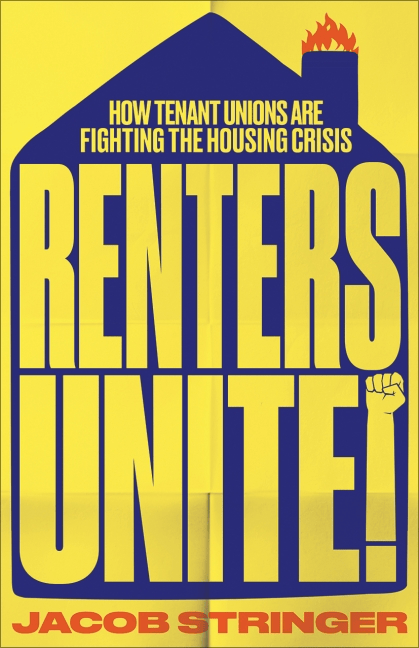
Renters Unite: How Tenant Unions Are Fighting the Housing Crisis
By Jacob Stringer
Published by: Pluto Press
Who it’s for: This book sheds light on one of today’s most pressing global social issues—a housing crisis. It’s a valuable read for seminars in urban studies, public policy, sociology, and community organizing, and an excellent addition for librarians building housing justice collections.
Why you should read: Who today is untouched by housing crises? A new generation of tenants’ unions is rising up to fight housing injustice and demand good, affordable housing for all. The author (and a longtime organizer) follows grassroots movements in Los Angeles and Berlin, documenting powerful new forms of community empowerment and direct action through vivid storytelling and sharp analysis.
Broaden your scholarly horizons
Thanks for exploring these informative reads with us! We hope you find a book that sparks your interest. The above are just a fraction of the 168,000+ titles available via JSTOR’s DDA model.




